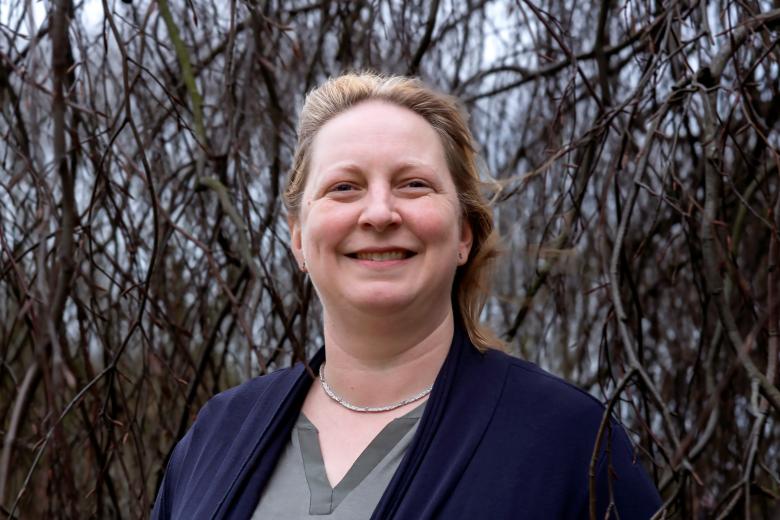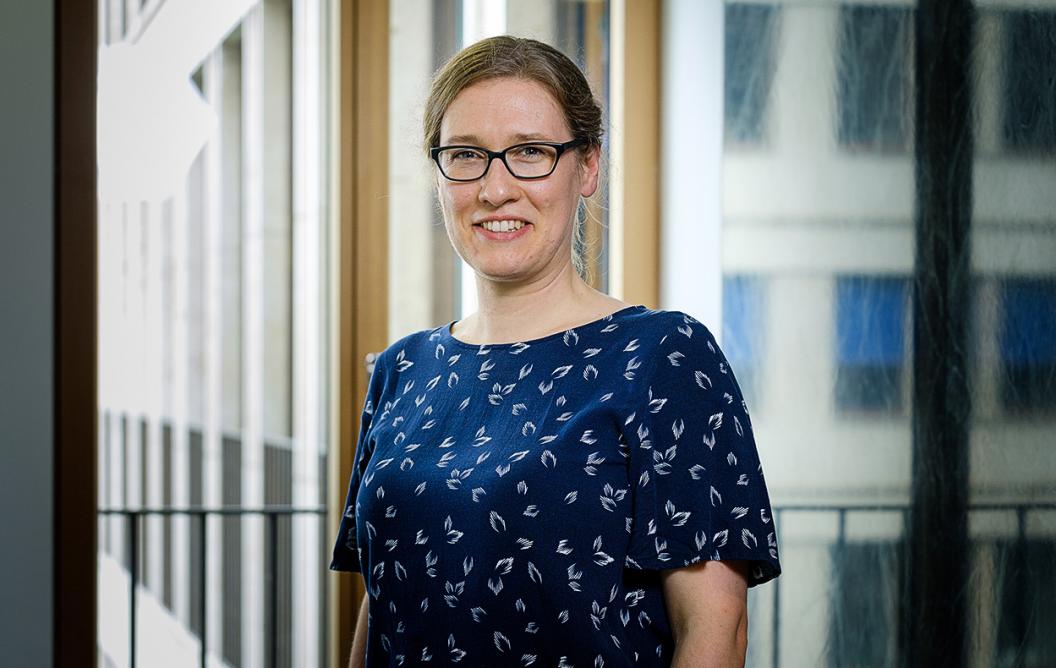AMIBM PostDoc wins Science and Technology German Dissertation Prize
Julia Jansing, PostDoc in the group Molecular and Applied Biotechnology in AMIBM, was recently awarded the renowned German Dissertation Prize by the Körber Foundation (“Deutscher Studienpreis”, 2nd place in the section Science and Technology).
Epidemics present the problem to the pharmaceutical industry that many doses of a certain medicine are needed within a short time. For otherwise seldom used medicines, however, there are often no production processes or production capacities available. Plants are the ideal solution to this problem: they are flexible, well scalable and fast.
In just 4-5 days, they can produce considerable quantities of a pharmaceutical protein. So far, however, there have been concerns from the regulatory side, because plant proteins contain two sugars that are not found in human proteins. These sugars can impair the efficacy of a plant-made drug and can possibly cause unwanted immune reactions.
Therefore, Jansing used genome editing to switch off the responsible genes in a tobacco variety that is popular for protein production. The result is a plant line that is optimally suited for the rapid production of emergency medications.
Relevant links
Also read
-
Working at UM: “a life-changing experience”
"I am proud that our new Circular Plastics group published its first completely in-house research," Kim Ragaert says. She founded the research group three years ago, when she moved to Maastricht. Her work has laid the foundations for many innovations in the field of plastic recycling, and she is...

-
How does the universe taste?
Gerco Onderwater investigates the flavour of the universe while guarding the flavour of the Maastricht Science Programme. On 31 May, during his inaugural lecture, he provided a pre-taste of his work in Maastricht.

-
Bridging the gap between technology and clinical practice
Lee Bouwman, a vascular surgeon and endowed professor of Clinical Engineering, specialises in the implementation of groundbreaking healthcare technologies. The key to success, he says, lies in the collaboration between engineers and clinicians. This approach has already resulted in a range of...

